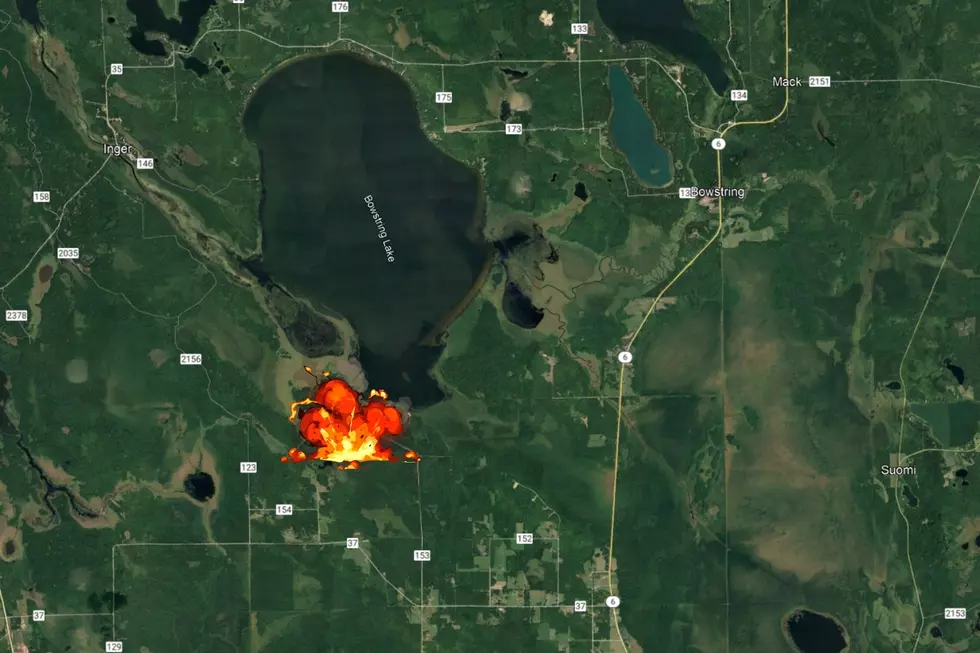
West Nile Virus Is Killing The Beloved Loon In Minnesota
The Department of Natural Resources reported yesterday that The West Nile Virus seems to be the culprit in the increased number of loons dying recently in Northeastern Minnesota Lakes including Arrowhead Lake near Britt, Bass Lake near Biwabik and Loon and Horseshoe lakes east of Eveleth.
Gaea Crozier, DNR non-game wildlife specialist “We’re getting a lot more reports of dead loons than we are used to getting, but most have been too decomposed to determine the cause of death.’’ The deadly virus that comes from mosquitoes was first discovered in Minnesota in 2002 and in 2005 was first discovered to have caused the death of some loons in the state.
It is not uncommon for birds, animals, and humans to all be exposed to the West Nile Virus but can usually fight off the virus and build an immunity to it, but loons, crows and jays are susceptible. The DNR says the loon population in the state is still very healthy so there is no cause for alarm but the lakes where these loons have died from the virus will most likely see smaller populations.
Crozier told the Duluth News Tribune “Minnesotans love our loons and it’s concerning for people to find them dead. When we start seeing multiple birds dying on a single lake, we want to know about it so we can start tracking the information and determine when further testing is warranted.”
Arno Wuenschmann, professor of pathology in the University of Minnesota College of Veterinary medicine said the loon deaths means the virus is very active this summer and humans should take extra precautions like avoiding peak mosquito times and wearing a repellent when outside. Also it is very important to make sure if you have horses that they are vaccinated against the virus.
If you own property on a lake or happen to see more than one dead loon by an area lake and you do not see any obvious signs of injury or death please contact the nearest DNR-non game wildlife staff.
More From MIX 108









